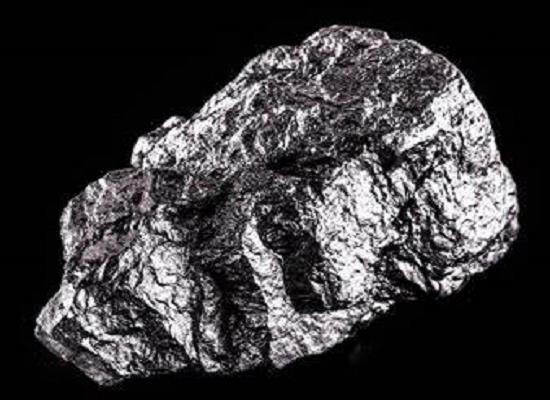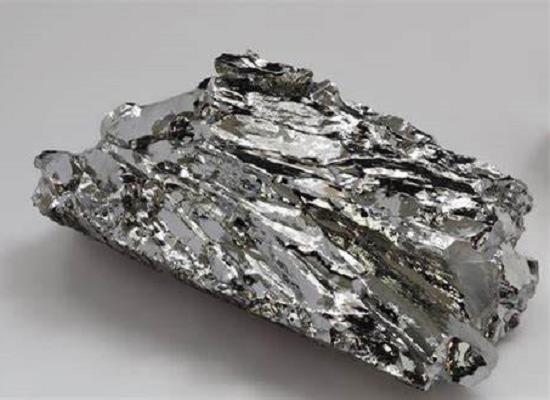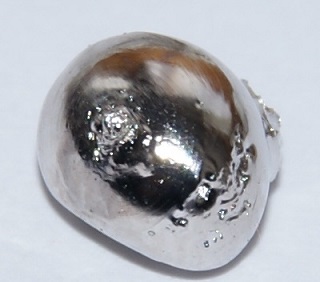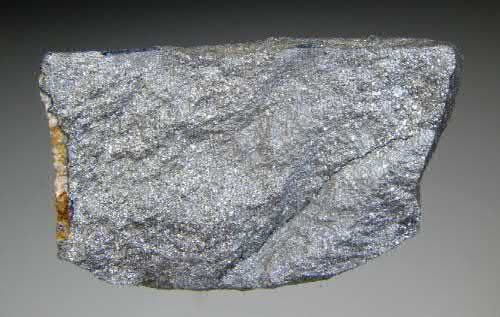Rhodium: Major Minerals, Chemistry properties and Major Uses
Major Minerals
Rhodium is one of the rarest elements in the Earth's crust, comprising an estimated 0.0002 ppm. It is found in platinum ores and isolated as a white inert metal that is difficult to fuse. Principal deposits are found in South Africa; in river sands of the Ural Mountains; and in North America,
including the copper-nickel sulfide mining area of the Sudbury, Ontario, region.
Rhodium is found in only 17 different minerals. Within the elements class only a single mineral, rhodium ((Rh,Pt)), is found. The remaining 16 minerals are all sulfides and arsenides. These include bowieite ((Rh,Ir,Pt)2S3) (Fig. 1), cherepanovite (RhAs), cuprorhodsite ((Cu,Fe)Rh2S4), ferhodsite ((Fe,Rh,Ni,Ir,Cu,Pt)9S8), hollingworthite ((Rh,Pt,Pd)AsS), irarsite ((Ir,Ru,Rh,Pt)AsS), kashinite ((Ir,Rh)2S3), kingstonite ((Rh,Ir,Pt)3S4), konderite (Cu3Pb(Rh,Pt,Ir)8S16), miassite (Rh17S15), oberthu¨rite (Rh3Ni32S32), palladodymite ((Pd,Rh)2As), polkanovite (Rh12As7), rhodarsenide ((Rh,Pd)2As), rhodplumsite (Rh3Pb2S2), and zaccariniite (RhNiAs).
FIGURE 1. (A) Bowieite, (Rh,Ir,Pt)2S3, in platinum, Pt, polished microprobe section (top left). (B and C) bowieite in platinum, microprobe
images (middle and bottom).
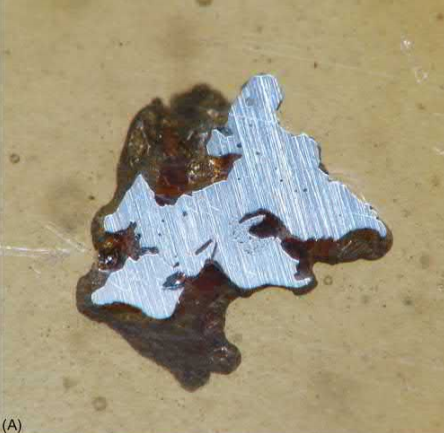
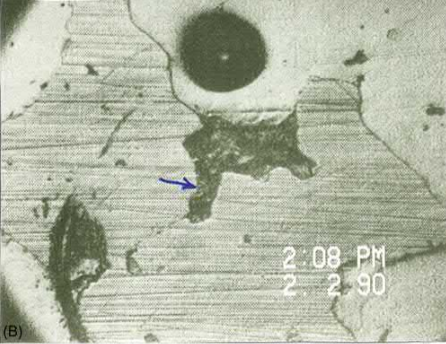
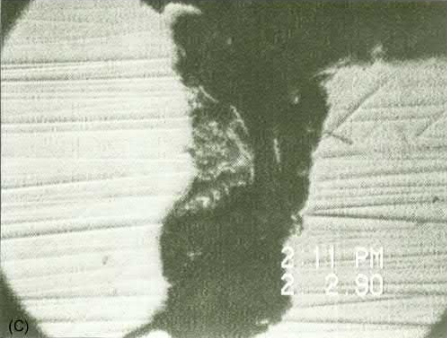
Chemistry properties
Rhodium is a rare, silvery-white, hard transition metal. It has 45 electrons arranged in an electronic configuration of
[Kr]4d8
5s1
. Anomalies in electronic configuration like this are also observed in the neighboring elements, niobium,
molybdenum, ruthenium, and several others in the transition elements. Rh can take oxidation states from 0 to 16 but
the most common is 13 (Table 6.8).
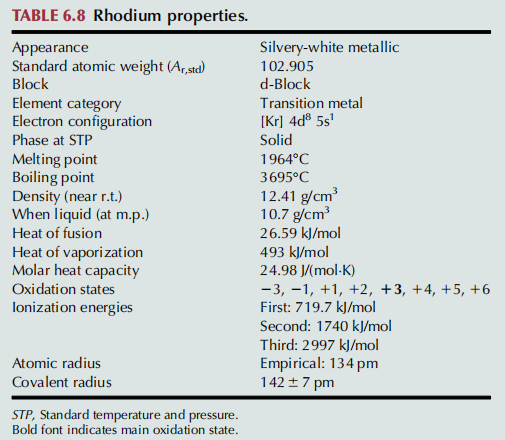
Major Uses
The principal use of Rh is in cars as a catalytic converter, replacing harmful unburned hydrocarbons, carbon monoxide,
and nitrogen oxide exhaust emissions with less noxious gases. Rh catalysts are utilized in several industrial processes, especially in catalytic carbonylation of methanol (CH3OH) to
produce acetic acid (CH3COOH, also written as CH3CO2H or C2H4O2) by the Monsanto process. Rh catalysts are additionally used to reduce benzene (C6H6) to cyclohexane (C6H12). The complex of an Rh ion with BINAP (IUPAC name 2,20
-bis(diphenylphosphino)-1,10
-
binaphthyl, C44H32P2) is an extensively used chiral catalyst for chiral synthesis, as in the synthesis of menthol.
Rh is used in jewelry and for decorations. It is electroplated on white gold and platinum to produce a reflective white
surface at time of selling, after which the thin layer wears away with use. This is called Rh flashing in the jewelry trade.
It may similarly be utilized as coating on sterling silver to protect it from tarnishing (formation of silver sulfide, Ag2S,
produced from atmospheric hydrogen sulfide, H2S).
Rh is utilized as an alloying agent for hardening and increasing the corrosion resistance of Pt and Pd. These alloys can be found in, for example, furnace windings, bushings for glass fiber production, thermocouple elements, electrodes for aircraft spark plugs, and laboratory crucibles. Additional uses are, for example, electrical contacts, where it is used because of its small electrical resistance, small and stable contact resistance, and great corrosion resistance; Rh plated through either electroplating or evaporation is very hard and suitable for optical instruments; filters in mammography systems for the characteristic X-rays it produces; Rh neutron detectors used in combustion engineering nuclear reactors to measure neutron flux levels—this method necessitates a digital filter to regulate the current neutron flux level, producing three distinct signals: immediate, a few seconds delay, and a minute delay, each with its own signal level; all three are combined in the Rh detector signal.
You may like
Related articles And Qustion
See also
Lastest Price from Rhodium manufacturers

US $1.00/KG2025-04-21
- CAS:
- 7440-16-6
- Min. Order:
- 1KG
- Purity:
- 99.95
- Supply Ability:
- 300kg
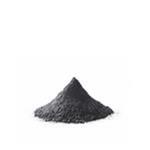
US $6.00/kg2025-04-21
- CAS:
- 7440-16-6
- Min. Order:
- 1kg
- Purity:
- 99%
- Supply Ability:
- 2000KG/Month

